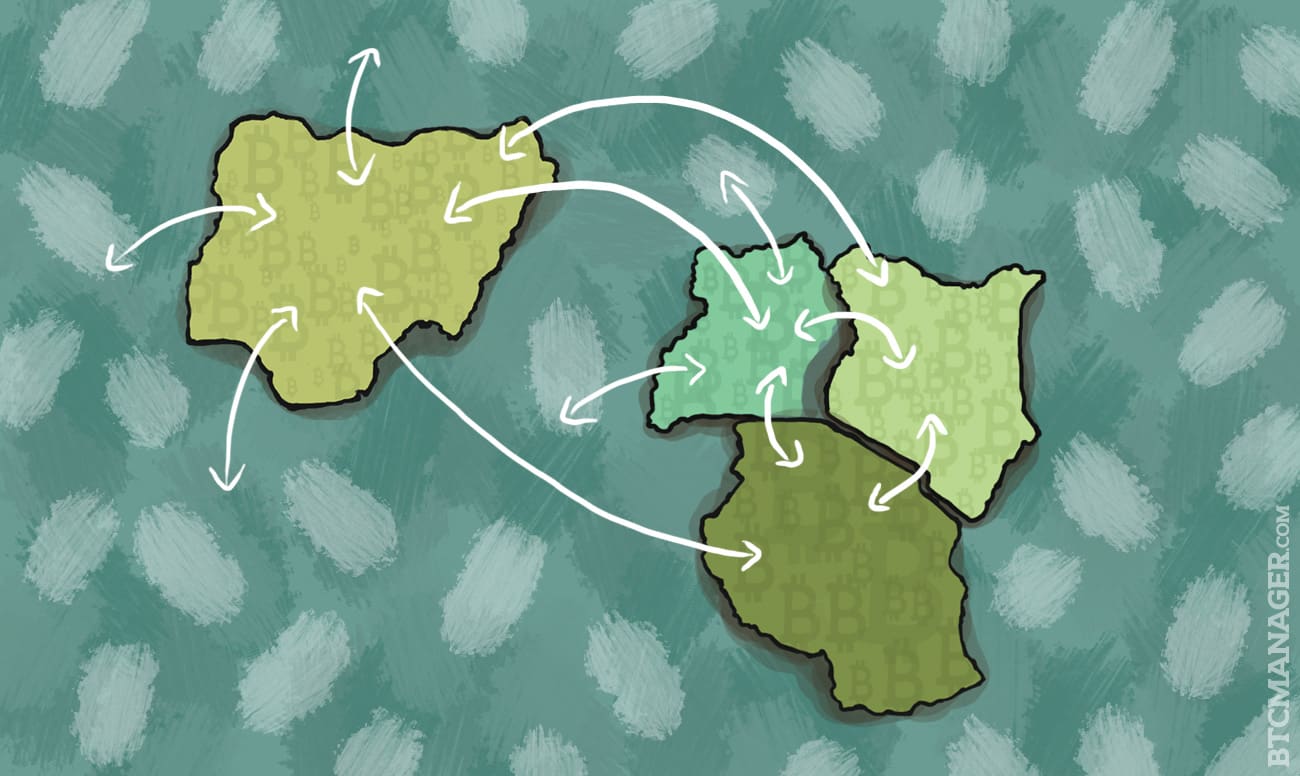BitPesa Expands to Nigeria and Uganda, Now Available in Four Countries

Bitcoin remittance platform BitPesa, has expanded its services to two additional countries, now enabling users to make direct money transfers to and from Uganda and Nigeria.
The addition takes the number of countries that BitPesa is serving to four with Kenya, Tanzania, Nigeria and Uganda, and follows a funding round of US$11 million announced in February this year led by hedge fund Pantera Capital. At the time, CEO and co-founder Elizabeth Rossiello said she intended to use part of the capital to expand her business to include more countries.
Speaking with the Wall Street Journal, Rossiello said that her startup has been seeing double-digit sales growth this year, most particularly from the business sector.
Rossiello said:
“Nearly all (at least two-third) of our customers are using BitPesa for business needs such as salaries, suppliers or operations. There are very few people transacting for basic livelihood needs, such as food or rent.”
Part of the company’s growth is coming from businesses working for foreign suppliers that need to move money across borders. Rossiello indicated that her company is now focusing its efforts on this particular market.
Founded in 2013, Kenya-based BitPesa was initially intended to help users make small mobile payments to loved ones, especially targeting unbanked populations. The company now provides services to business customers who want to send payments straight to bank accounts or to multiple payments to employees via mobile money.
In July 2014, BitPesa ended its beta testing phase and officially launched in Kenya. Its platform, which leverages the bitcoin blockchain, allows users to make fast and cheap global transfers. In Tanzania for instance, instant payments to a Tanzanian mobile money number, from anywhere in the world, cost as little as 3%, while a bank transfer would typically cost about 12% and Western Union, around 7%.
The service works as such: people send bitcoins to BitPesa, which converts them into the local currency, and sends the funds along to the mobile phone of the recipient, who can use them to pay directly for a growing number of products, or it cash them out.













